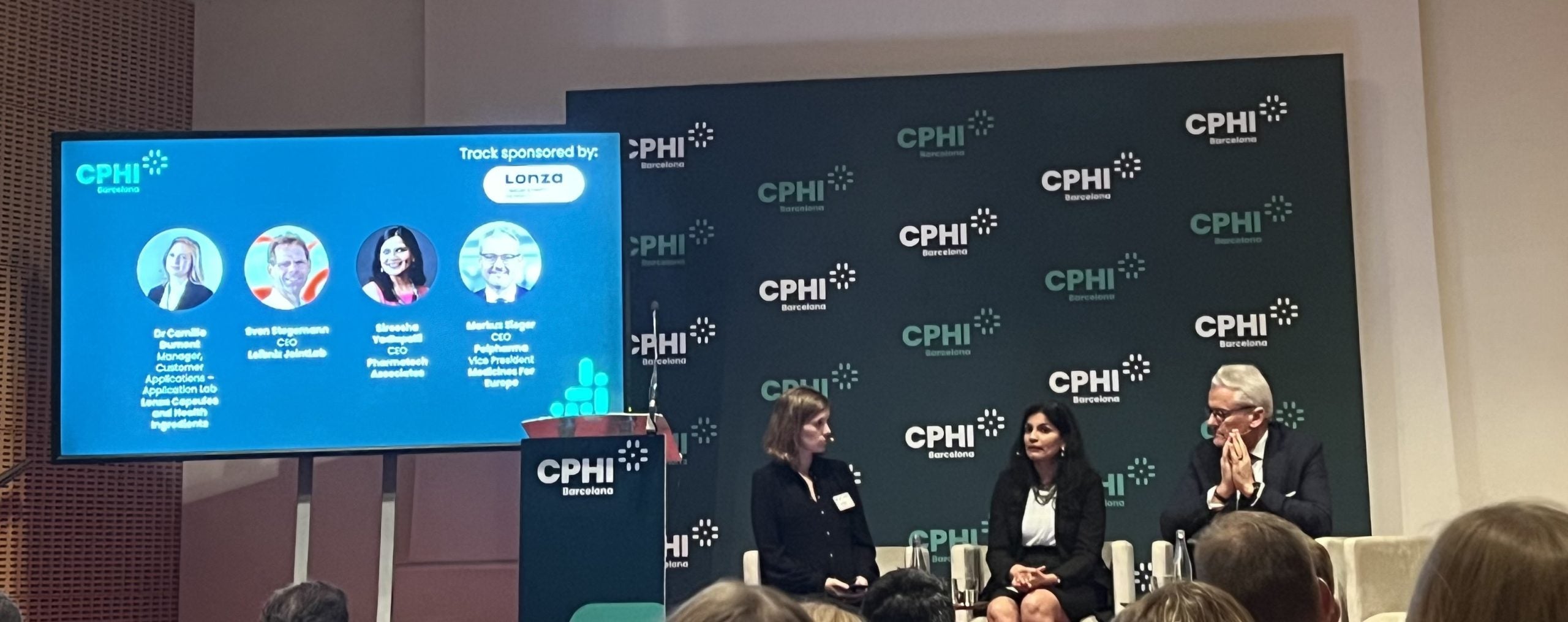
Regulatory actions in recent years that have brought the focus to quality and compliance, said Sireesha Yadlapalli, CEO of the life sciences consultancy Pharmatech, at the ongoing CPHI Europe conference.
During the panel session entitled “What’s next for the generic drug market?” Yadlapalli and other experts outlined the key trends expected in the generic drugs market, including the growing scrutiny on quality and the balance between outsourcing and reshoring efforts.

Discover B2B Marketing That Performs
Combine business intelligence and editorial excellence to reach engaged professionals across 36 leading media platforms.
“The percentage of the prescriptions that are filled by generics, are disproportionately higher than the number of prescriptions filled in by innovator drugs,” said Yadlapalli. Thus, because of the sheer volume of generic prescriptions filled, investments in the quality of generics are anticipated to have a massive public health impact.
The drugs market will grow to about $1.8 trillion by 2026 with an approximate 6% annual growth, said Markus Sieger, CEO of Polpharma and Group & Vice President, Medicines for Europe. So, there is a huge demand for medicines, which generic producers will need to fill, he added.
According to Yadlapalli, one trend that we will see going forward is a shift from looking at compliance as a ‘checkbox’ to investing in quality improvement across all business processes. Improvement in the quality of all business processes correlates to less remedial actions and less costly corrective actions such as recalls, she explains. “Companies that do not invest in quality are going to be left behind” and small establishments that are unable to invest significantly in quality as a whole and not just as a compliance prerequisite will not be sustainable, Yadlapalli said.
On the topic of ‘greener’ drug formulations, both speakers noted that the government needs to incentivise companies to prioritize the implementation of ‘greener’ technologies, which is not happening at the moment. Sieger noted that in the highly regulated pharmaceutical industry with enormous cost-pressures, currently there is no financial incentive or opportunity/benefit for companies to prioritize the production greener drug formulations. However, he notes that in the case of APIs investment in new formulations and new technologies which will allow us to reuse them would be a great step.

US Tariffs are shifting - will you react or anticipate?
Don’t let policy changes catch you off guard. Stay proactive with real-time data and expert analysis.
By GlobalDataYadlapalli noted that active pharmaceutical ingredients (APIs) are much cheaper to produce outside the US, which is why a lot of outsourcing takes place. Hence, one of the first expected trends in regards to reshoring efforts in APIs, is the adoption of continuous manufacturing, which can lower manufacturing costs significantly, to bring some of the API production back into the US.
The adoption of continuous flow reactors and continuous processes is also becoming more and more common due to the capability to generate more APIs. According to Yadlapalli, “India is leading the way and others are beginning to adopt [such continuous manufacturing technologies] to improve efficiency cost savings and/or time savings”. The adoption of such technologies combined with the associated increased production capabilities also pose an opportunity for generic producers to take advantage of innovative products with expiring patents, she adds.
CPHI Europe, a major event focused on pharmaceutical manufacturing, is taking place in Barcelona this year from 24-26 October.




